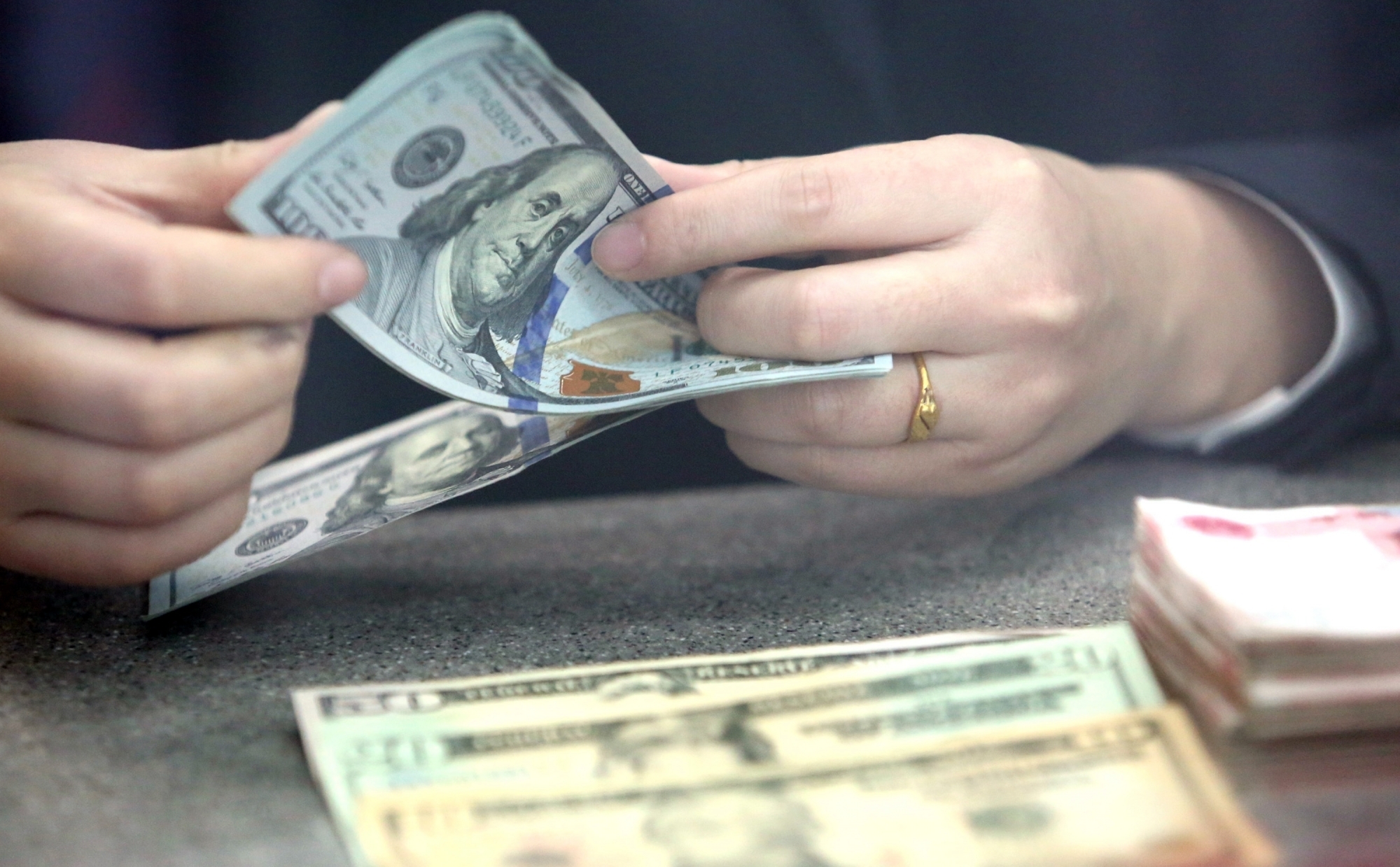New York, Jan 7 (IANS) The US government's growing national debt at $34 trillion debt is a "boiling frog" for the US economy, as government expenditure bills will exceed its revenues by the early 2030s, according to a Congressional Budget Office estimate.
Sounding this alarm, JP Morgan, said: "But the US doesn't look likely to cut back its discretionary spending anytime soon."
The US' $34 trillion debt mountain might be a "boiling frog" phenomenon for the economy, as higher deficits and ballooning debt servicing costs could easily become unsustainable, JPMorgan warned.
A boiling frog situation is akin to people failing to act on a ballooning problem causing it to become so severe that it boils over.
"A frog thrown in boiling water could jump out, but if the water were to boil slowly, it's too late for the frog to notice it's being cooked".
JPMorgan said the age-old metaphor could easily apply to America's debt situation while forecasting its 2024 outlook.
Economists have been seriously concerned for years, and have time and again asked the government to effect changes in its spending patterns, but the calls from bankers have now grown louder than ever as the government continues to borrow at record volumes.
January will see the US national debt hitting a new high of $34 trillion as lawmakers lifted the ceiling limit last year to skirt a debt repayment default on interest.
US debt will ony worsen in the coming years, according to the Congressional Budget Office, which estimates that the government's entitlement spending, mandatory spending, and net interest payments on the debt will exceed the government's total revenue by the early 2030s.
UBS thinks the US will dodge a downturn next year, though several serious risks loom. Consumers will cut back on spending, and if the savings rate spikes, growth could sag.
Economic growth should persist in 2024, albeit at a weaker pace, according to top strategists at UBS Global Wealth Management (GWM).
"We believe the US economy is likely to slow as headwinds facing the US consumer build — from higher rates, the resumption of student loan repayments, and other factors," said Solita Marcelli, UBS GWM's investment chief Americas, at her firm's mid-November 2024 outlook webinar.
"Ultimately, we think consumer spending will tick down and saving rates will pick up."
The US has avoided a post-pandemic recession so far as consumers continue to spend.
Sky-high borrowing costs caused by 16-year-high interest rates have not deferred shoppers who are racking up record levels of credit card debt, Market Insider observed.












